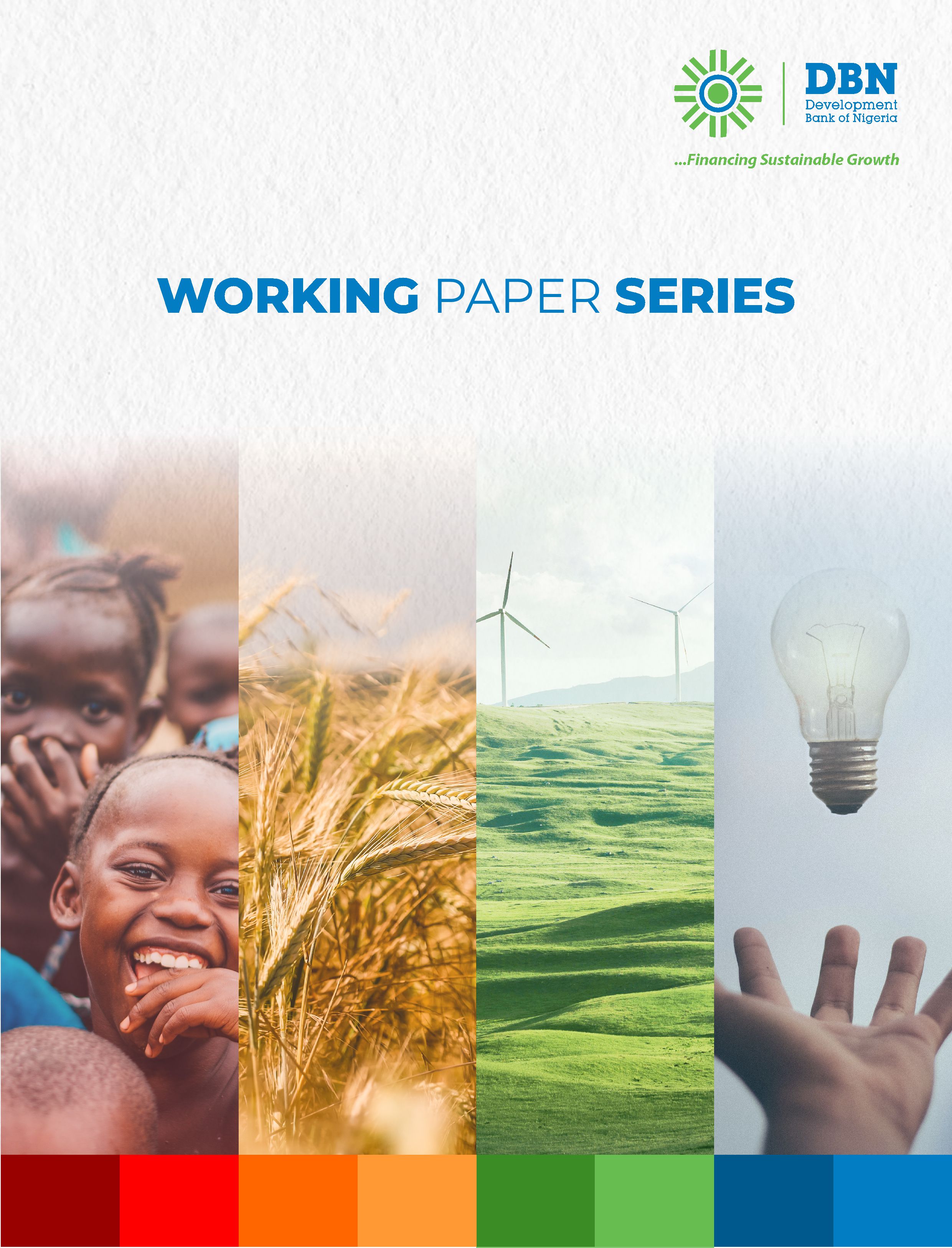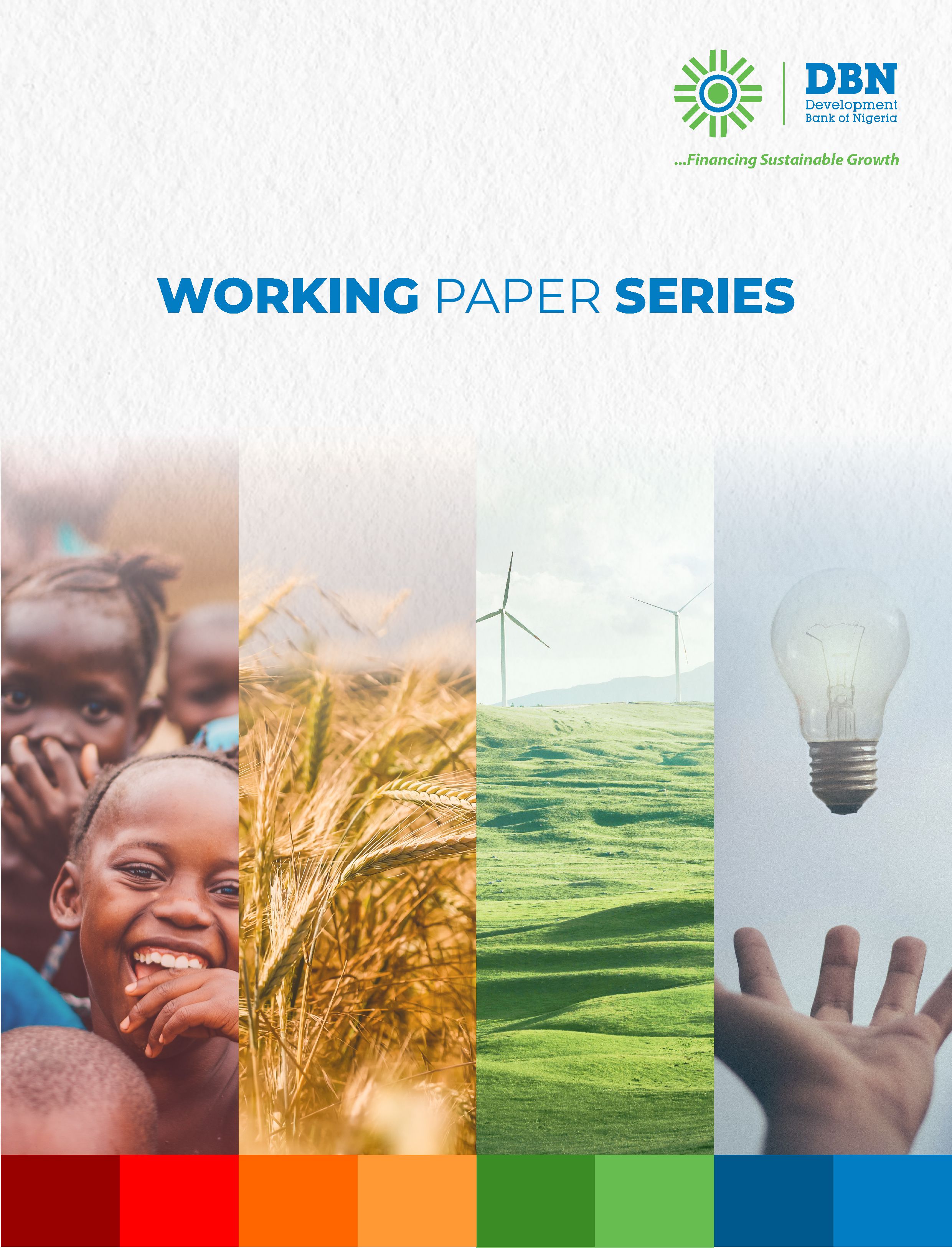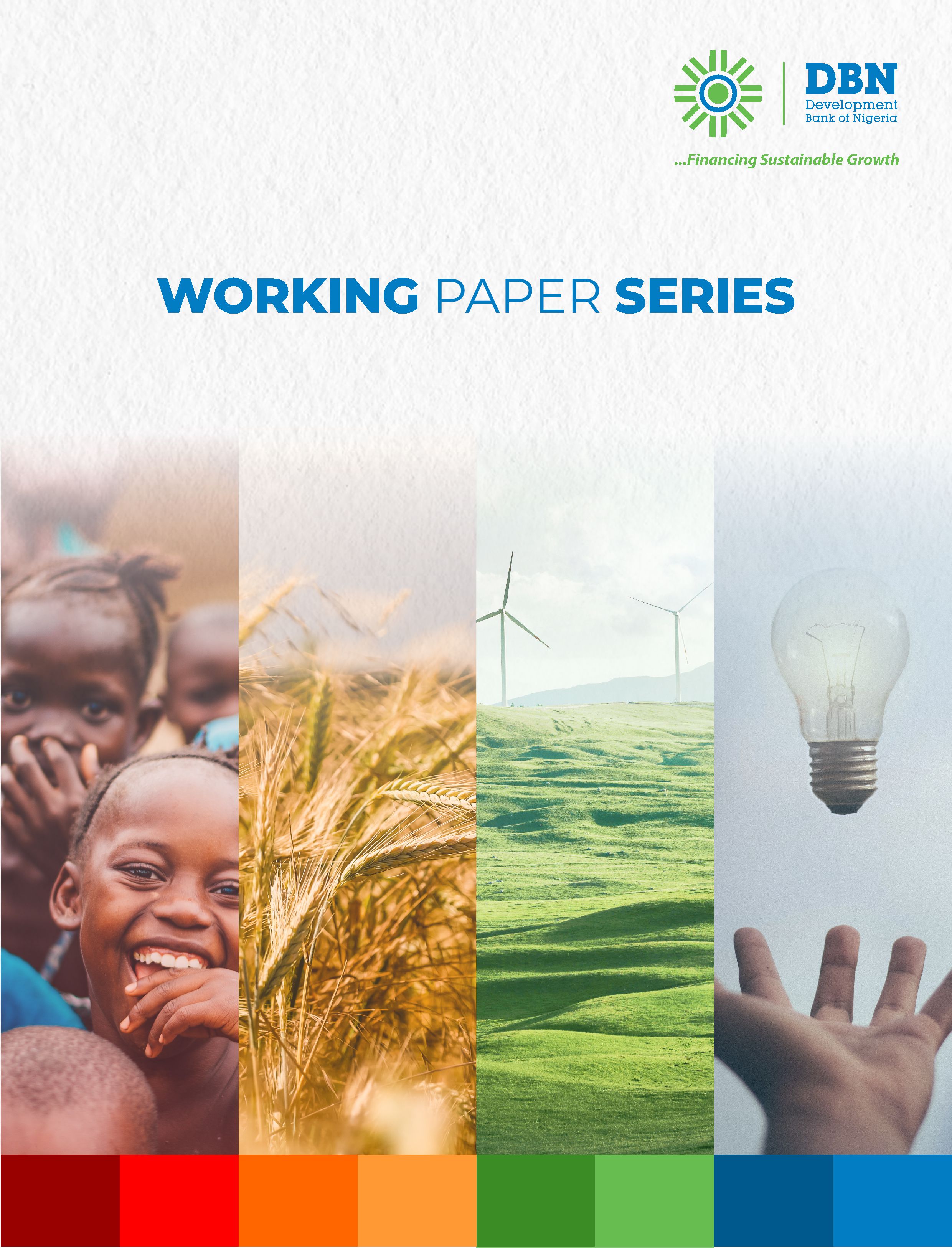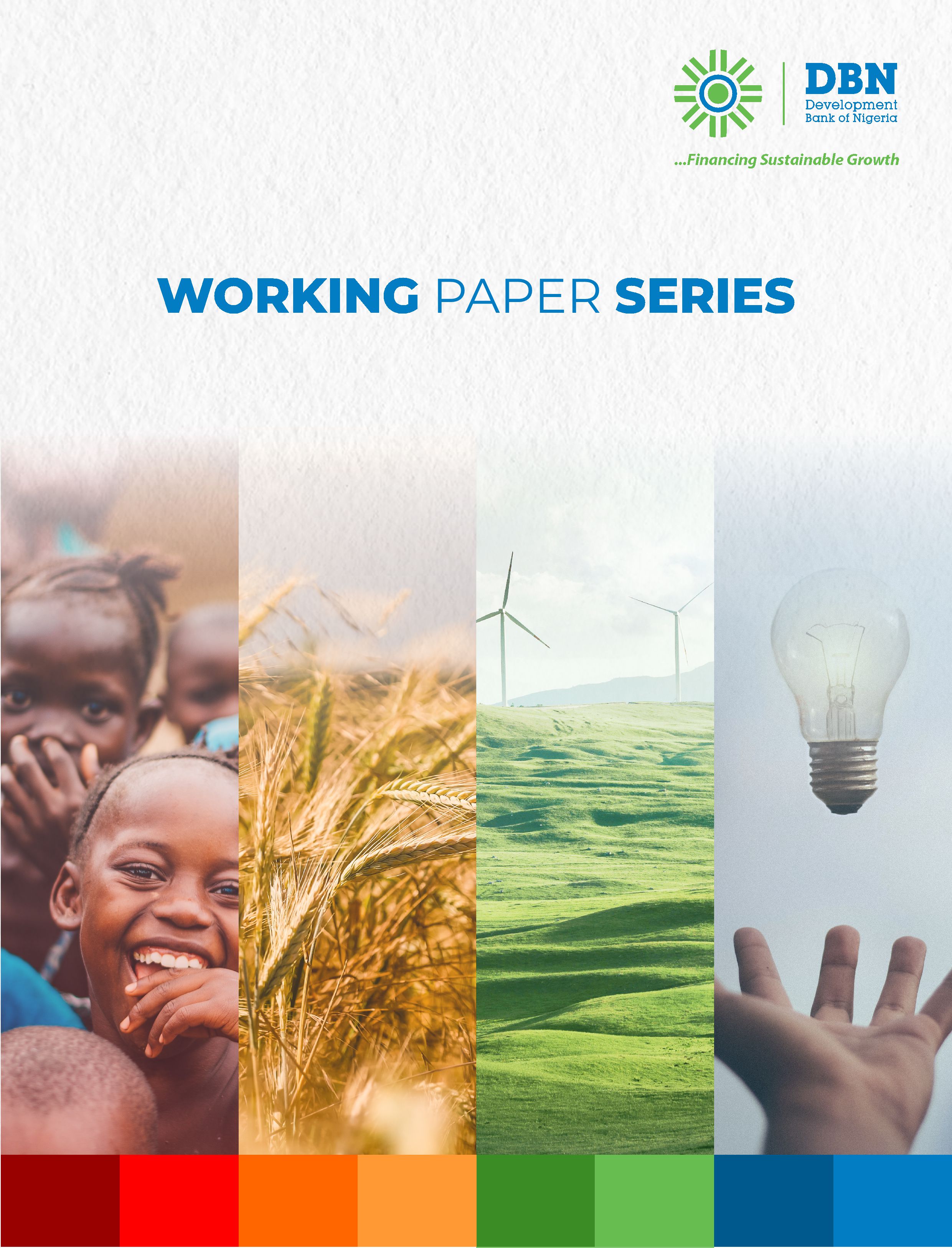
Publication Information
Published by: Admin
Published: 1 year ago
View: 339
Pages: 29
ISBN:
Abstract
Surprisingly, little is known about the cross-country effect of information and communication technology (ICT) on wealth inequality. At the same time, there is some tentative evidence suggesting that information and communication technology is positively correlated with income inequality. However, whether and how ICT affects wealth inequality is less explored, particularly because of the lack of reliable data on wealth inequality. This paper, therefore, fills this gap and contributes to this new literature by investigating the effect of ICT on wealth inequality in a sample of 45 developed and developing countries over the period 2000-2017. ICT is measured with six different indicators (including internet penetration, mobile penetration, ICT service exports, the ICT index, ICT quality, and ICT quantity), while wealth inequality is measured with three different indicators (comprising billionaire wealth to GDP, the Top 1% wealth share, and the Top 10% wealth share). The empirical analysis is based on the Generalised Method of Moments, and the results show that ICT increases wealth inequality. Furthermore, we show that democracy mitigates the increasing effect of ICT on wealth inequality. This result suggests that improving democracy in both developed and developing countries is an effective mechanism for mitigating the effects of ICT on wealth inequality. Therefore, we encourage efforts to implement democratic institutions that ensure respect for citizens' freedoms, greater democratic accountability, and executive constraints that allow for a more egalitarian distribution of wealth.
Sosson Tadadjeu Mr
Henri Njangang Mr
Alim Beleck
Brice Kamguia
Related Publications

VOLUME 7 ISSUE 1 2024
Female unemployment, mobile money innovations and doing business by females

VOLUME 7 ISSUE 1 2024
Sustainability Burden or Boost? Examining the Effect of Public Debt on Renewable Energy Consumption in Sub-Saharan Africa

VOLUME 7 ISSUE 1 2024
The effect of inequality on poverty and severity of poverty in SSA: the role of financial development institutions
